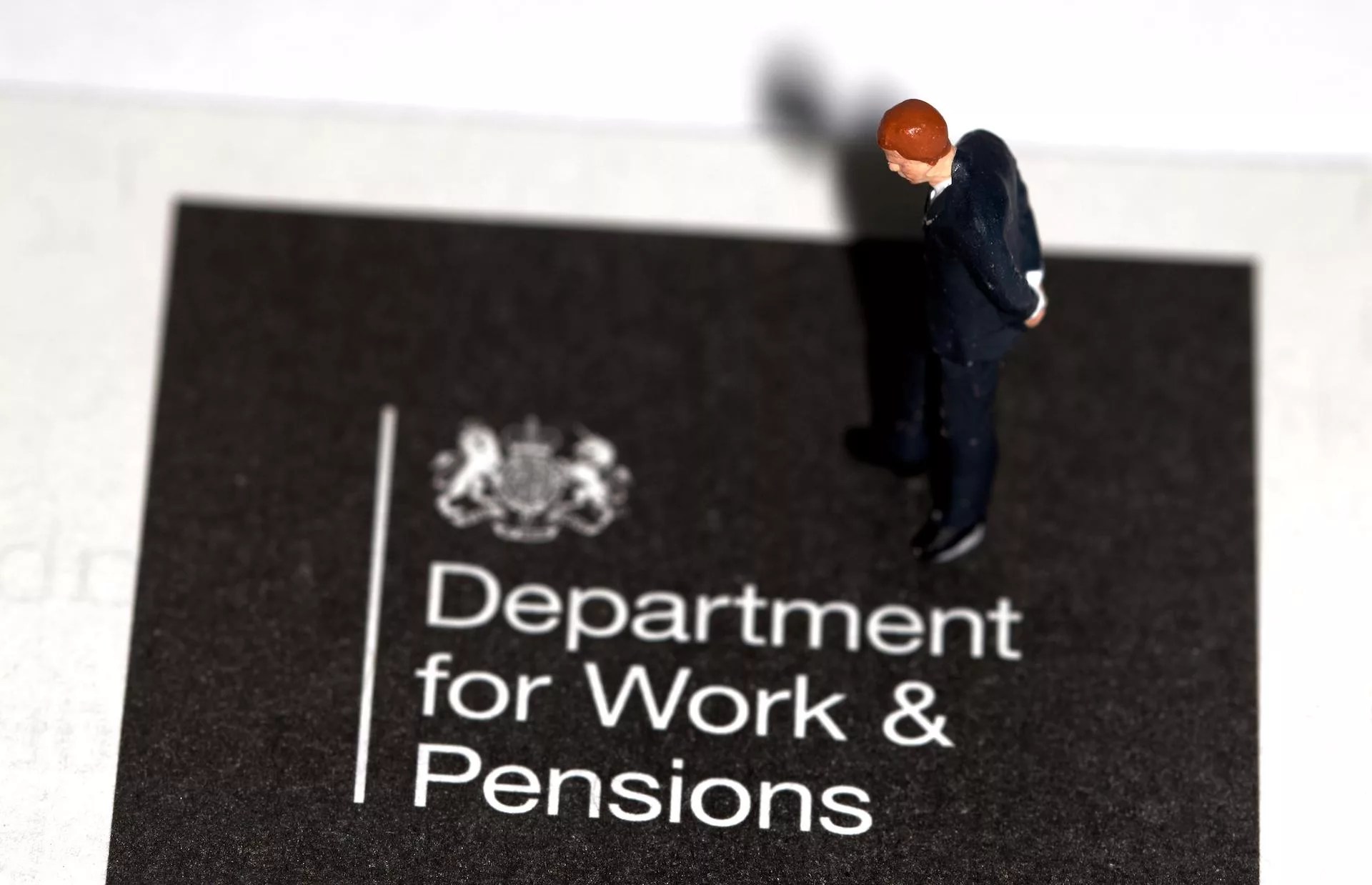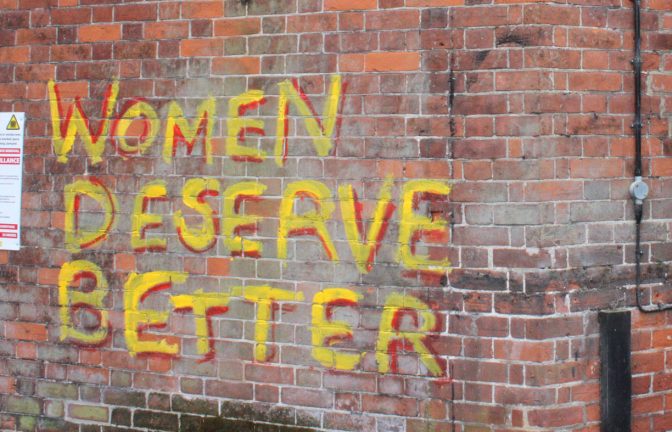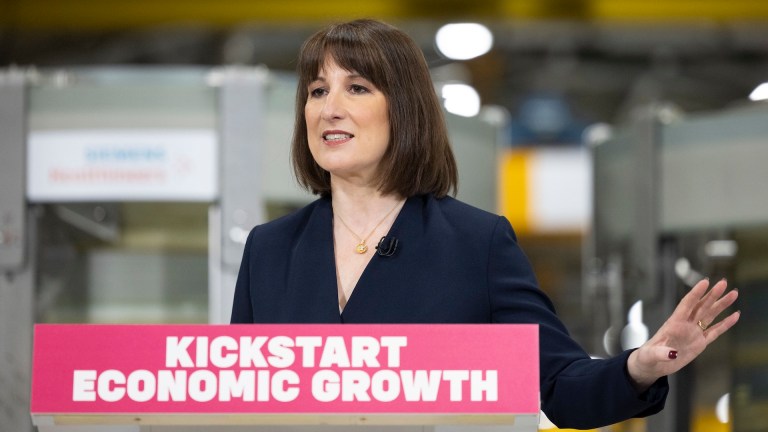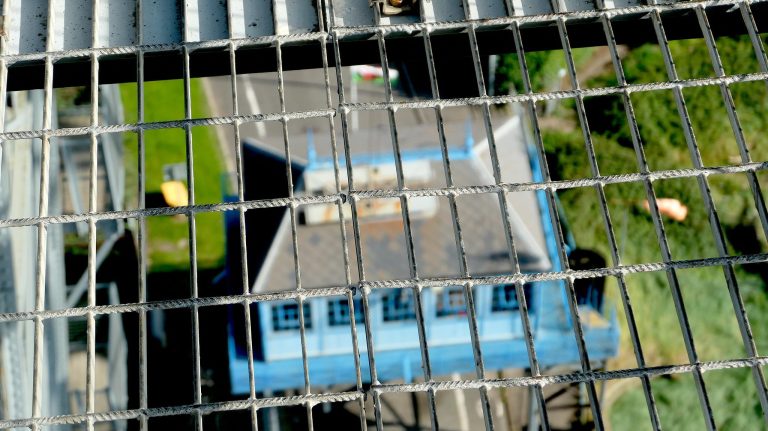A spokesperson for the DWP said: “Big Brother Watch’s claims that DWP will use these measures to reveal information about people’s movements, opinions and medical information are entirely false.
“The government remains committed to these powers as a method of reducing fraud and error in the benefits system, which will save the taxpayer £600m over the next five years.
“These measures will require third parties to provide only limited, relevant information that may signal whether benefits are being improperly paid. It does not give DWP access to anyone’s bank account or see how claimants are spending their money.”
However, as the legal advice pointed out, the bill will not only give the DWP powers to look into bank accounts in cases of fraud but also error – such as when the claimant has made an mistake or the DWP itself has made a mistake.
The barristers who produced the legal advice, Dan Squires KC and Aidan Wills of Matrix Chambers, claimed: “It is clear that the purpose of the new proposed powers is to carry out monitoring of bank accounts where there are no ‘reasonable grounds’ for believing a particular individual has engaged in benefit fraud or has made any mistake in claiming benefits.”
The Big Issue has previously reported on mistakes made within the welfare system, which have left claimants accused of owing thousands of pounds to the DWP. A single mother, for example, was left “devastated” after being falsely accused of owing the DWP more than £12,000 in benefit overpayments.
Squires and Wills said: “There are real doubts about whether the exercise of the powers would be proportionate if they were used for detecting mistakes in claims made by people in receipt of benefits or the DWP’s own errors in payment of benefits.”
The legal advice also raises questions whether proper safeguards are in place to protect people, concluding: “In the absence of these safeguards, it is difficult to see how the exercise of this power could ever be in accordance with the law.”
Big Brother Watch, backed by more than 40 charities and organisations including the Big Issue, recently wrote to the work and pensions secretary Mel Stride to warn that the plans risk repeating mistakes made in the Post Office scandal.
More than 165,000 people have signed a Big Brother Watch petition calling for the clauses in the bill to be dropped.
Silkie Carlo, director of the civil liberties at Big Brother Watch, said: “Everyone wants fraudulent uses of public money to be dealt with, and the government already has powers to review the bank statements of suspects. However, this is a completely unprecedented regime of intrusive generalised financial surveillance across the population, not restricted to serious crime or even crime at all.”
Marginalised people are most likely to be impacted by the powers. The barristers said that whether this amounts to “unlawful discrimination” depends on the justification for utilising them.
The lawyers said: “It is at least arguable that disparate impacts on groups with the above mentioned characteristics, many of whom are disadvantaged or vulnerable, would be difficult to justify for the purpose of identifying mistakes made by benefits recipients and, even more so, the DWP’s own errors.”
The fraud rate for disability benefit personal independence payment is just 0.2%.
Mikey Erhardt, campaigner at Disability Rights UK, said: “These powers are a sledgehammer to crack the tiniest nut. These new powers would see disabled people deprived of the presumption of innocence, adding to the victimisation we already face in a punitive welfare system that often seeks to sanction people into work.”
Sign Big Brother Watch’s petition here.
Do you have a story to tell or opinions to share about this? We want to hear from you. Get in touch and tell us more.










